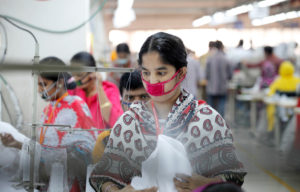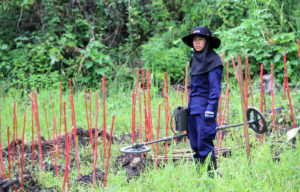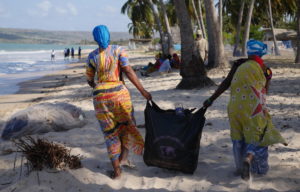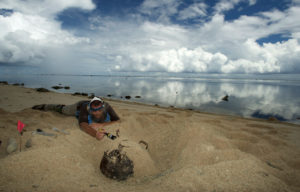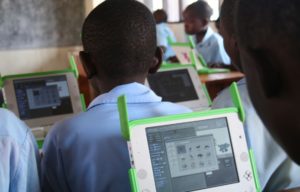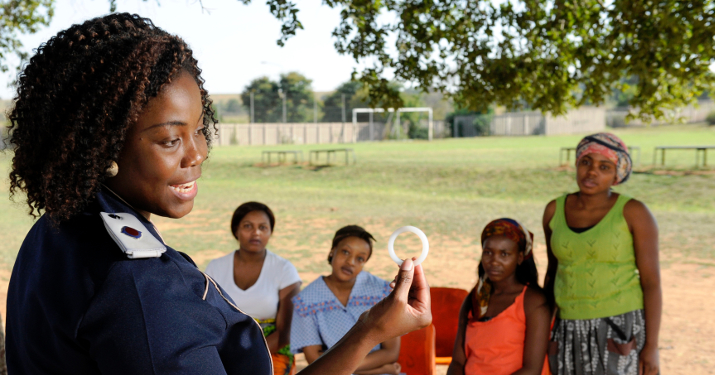
Photo: International Partnership for Microbicides
New medical ring protects against HIV
A simple looking ring is being hailed as a new breakthrough against HIV/AIDS.
Share
Other categories
It looks like just a simple ring of soft, white silicone, but it’s taken ten years of research to create, and the ring could turn out to be an important weapon in the battle against AIDS.
Two large clinical trials have recently shown that the ring, placed in the vagina, reduced test participants’ risk of contracting HIV with up to 61 per cent. The ring is infused with the medical substance Dapirivine, which acts by blocking the virus from making copies of itself inside human cells.
Slowly released from the silicone ring directly at the location where the the virus often enters the body, the substance is only absorbed in other parts of the body to a very small degree. The trials, which encompassed a total of 4,588 women in four African countries, also showed that the ring is safe for longer term use.
These findings are a medical breakthrough, according to the Danish Aids Foundation:
“Women are particularly sensitive to HIV, and AIDS is still the biggest global cause of death for women of reproductive age. Therefore, it is a breakthrough that women from now on will be able to make their own choices about prevention of HIV”, says Laura Kirch Kirkegaard, chief of International Development and Partnerships at the Danish Aids Foundation.
She hopes that further research will establish that the vaginal ring can in fact give 100 per cent protection when the user makes certain to use it correctly.
The Dapirivine ring has been under development by the non-profit organisation International Partnership for Microbicides (IPM) since 2004, when a medicinal company gave them a royalty-free license to use the substance. Several countries have supported the development project, including Denmark.

